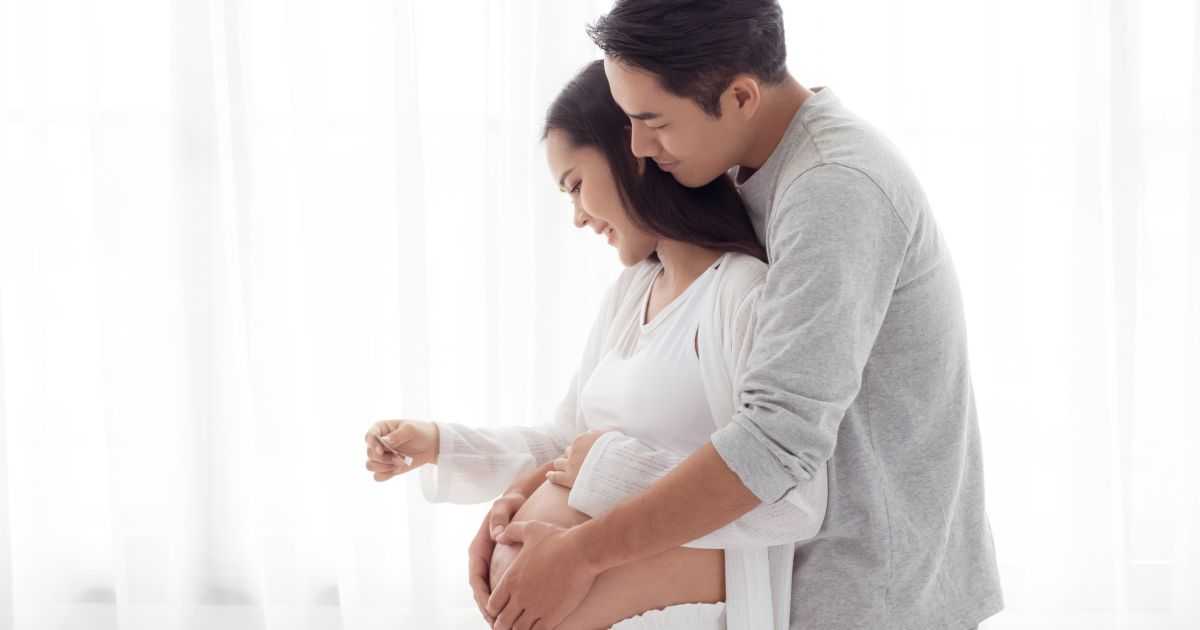Egg freezing, a way to preserve eggs, is able to help reassure women who hope to have more fertility opportunities in the future. As women age, their fertility declines bit by bit. The biggest benefit of egg freezing is to help women retain the better quality eggs at younger age, as a result to boost the success rate of pregnancy when they plan to. Therefore, for women who are worried about aging and declining fertility, egg freezing is a critical and worthwhile option.
Who to consider egg freezing? Suggestions to Women in Different Situations
Egg freezing is not only for women with clear plans for having children—it applies to a variety of needs. Here are some situations where egg freezing is worth considering:
(1) Women around age 35 who are yet ready for children:
Ovarian function declines with age, especially around 35. If you're not ready to have children but want to save more options for the future, egg freezing is to help you preserve your fertility potential.
(2) Women who are going to take cancer treatment or ovarian surgery:
Chemotherapy or radiation could deteriorate ovarian function. Egg freezing prior to the treatment allows women to preserve fertility and save the chance of having children afterwards

(3) Women without a uterus or with uterine dysfunction, waiting for surrogacy:
Never say never. Despite unfavorable physical conditions preventing them from carrying a pregnancy, they can still preserve the eggs with better quality through freezing and use them in future legal surrogacy arrangements.
(4) Women with a family history of premature ovarian failure or autoimmune diseases:
They are a high risk group of early ovarian failure. Plan ahead for egg freezing can help preserve fertility and increase the odds at pregnancy when planning to.
(5) When a partner has azoospermia or sperm is not immediately available:
If the sperm is not able to be collected on the day of egg retrieval, the eggs can be frozen first and fertilized at a later date, seizing the best moment of egg retrieval.
How many eggs to be frozen? It depends on the age and quantity of the eggs.
Egg quality gets inferior when aging. Younger women generally have higher-quality eggs and a greater chance of pregnancy, while older women typically need to freeze more eggs to win more odds.
By different age group, recommended number of eggs to be frozen as
-
Under 35: 10–15 eggs
-
Age 35–38: 15–20 eggs
-
Age 39–40: 20–30 eggs
-
Over 40: 30+ eggs
Plan your egg freezing quantity based on the age to boost your future chances of a successful pregnancy
AMH Testing: A Key Indicator of Ovarian Reserve
AMH (Anti-Müllerian Hormone) testing is a common and effective method for evaluating a woman's ovarian reserve. It’s a key indicator when considering egg freezing. AMH is secreted by follicle cells in the ovaries and correlates directly with the number of remaining eggs. A higher AMH level suggests more eggs; a lower AMH indicates diminished ovarian reserve.
This test can be done at any time—it’s independent of menstrual cycles, pregnancy, or birth control. However, AMH indicates the quantity, rather than egg quality.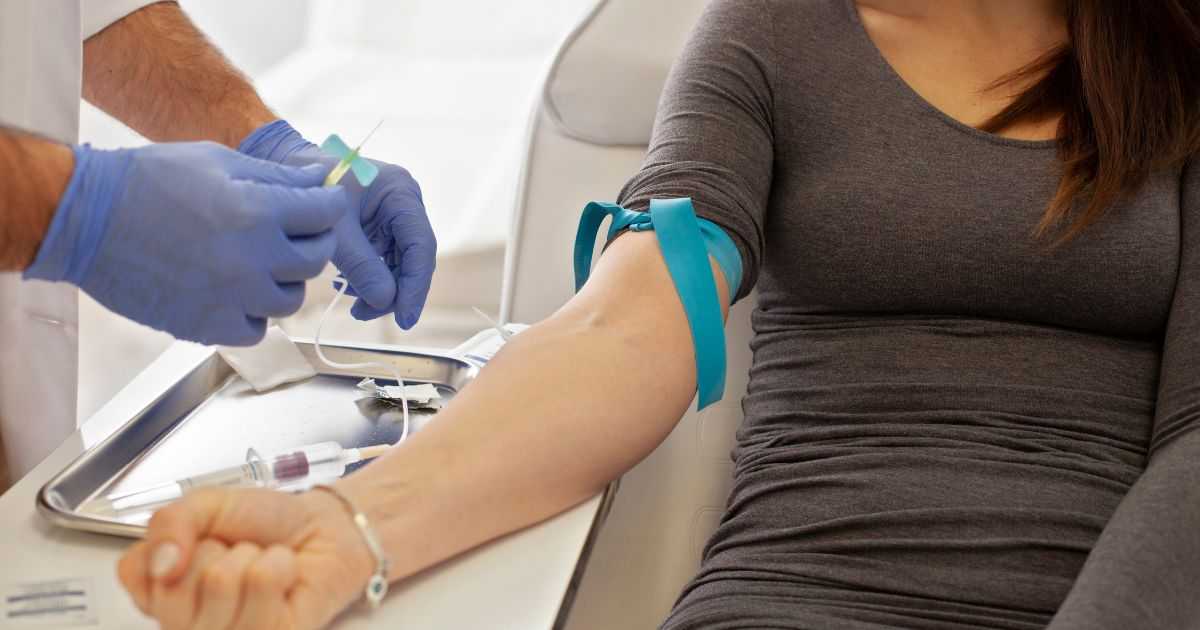
The Egg Freezing Process: Step-by-Step Breakdown
The egg freezing process usually takes around two weeks and involves several stages from pre-treatment evaluation to egg retrieval. Each step requires close monitoring by your doctor to ensure a safe and effective process.
Main steps:
(1) Initial evaluation:
As the first step, blood tests (AMH, FSH) and transvaginal ultrasound are employed to assess ovarian reserve and determine if treatment should proceed.
(2) Ovulation stimulation and follicle monitoring:
Since hormonal injection is to stimulate folliculogenesis, we will carry out regular monitoring through blood tests and ultrasounds.
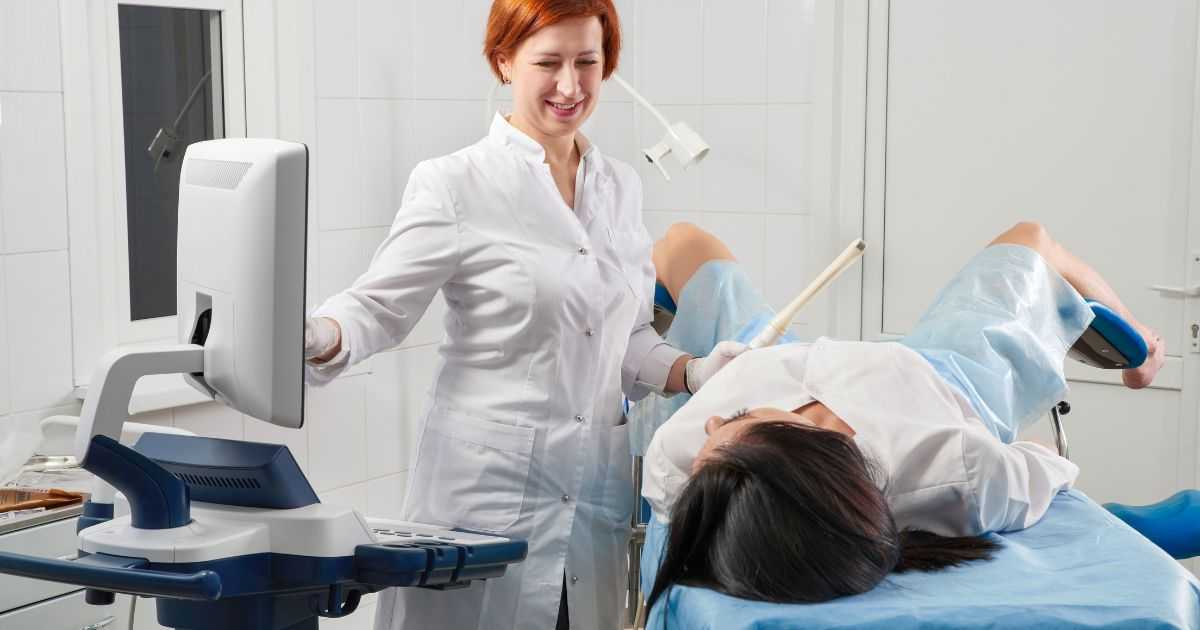
(3) Monitoring follicle maturity:
Around the 8th to 9th day of the menstrual cycle, the doctor will check follicle development to schedule the egg retrieval at the best fitting time, and this usually requires 2–3 clinic visits.
(4) Egg retrieval and vitrification (freezing):
When follicles are mature, the doctor will arrange a trigger shot, followed by egg retrieval in around 36 hours. Upon retrieval, eggs will be instantly vitrified and stored at –196°C in liquid nitrogen.
For most cases, 4 to 6 clinic visits are required. Some patients may opt for long-acting stimulation drugs to reduce the number of injections.
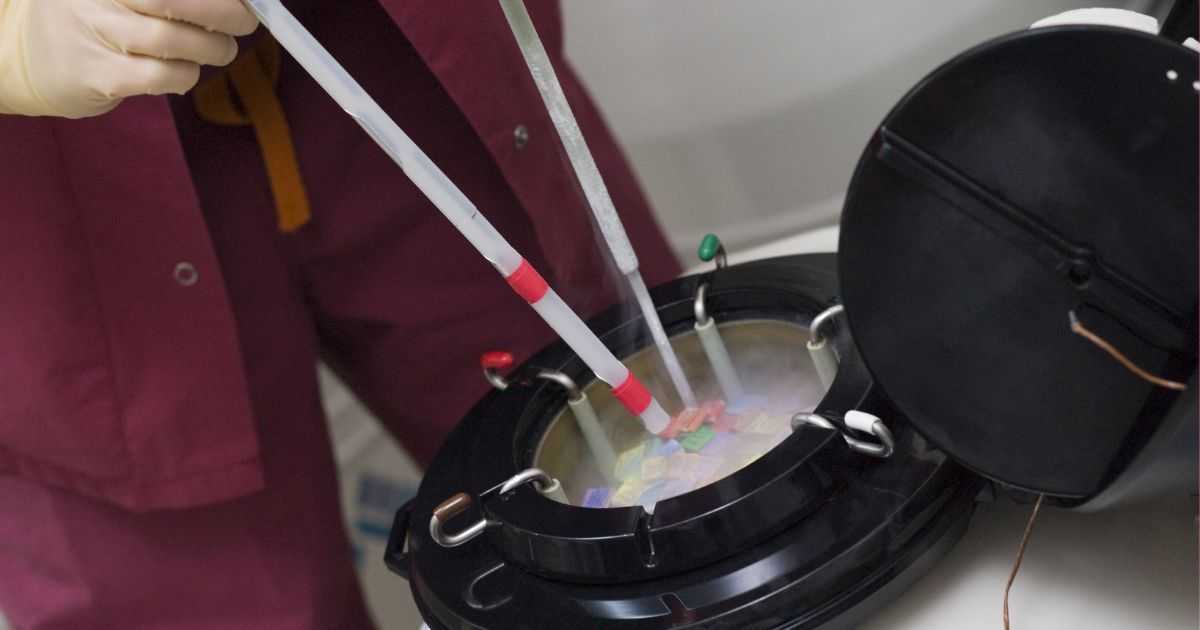
Frequently Asked Questions (FAQ) of egg freezing
(1) Do I need a daily injection?
It depends on doctors’ evaluation of the patient's individual situation.There are short-acting and long-acting stimulation injections. Long-acting ones require only one shot and it lasts for 7 days, while short-acting ones require daily injections.
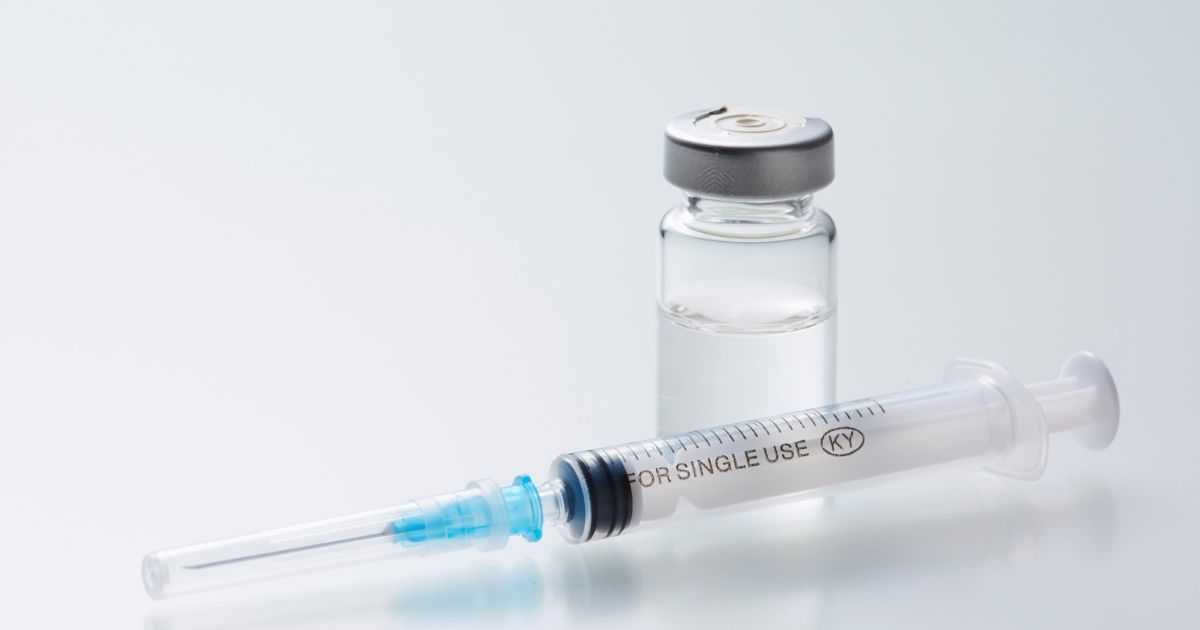
(2) Will I gain weight from the process of egg freezing?
Hormonal medications may cause water retention, but this usually resolves after your next period when hormone levels normalize.
(3) Does the process take a long time?
The entire egg freezing process usually takes about 14 days from kick starting to close to an end.
(4) Are there any side effects or risks?
Severe side effects are rare. Some women experience bloating or mild discomfort after the retrieval, which typically resolves within a week. Rarely, Ovarian Hyperstimulation Syndrome (OHSS) may occur.
(5) Does egg freezing cause early menopause?
Egg freezing retrieves just a portion of your eggs that would naturally diminish eventually. It does not accelerate menopause.
(6) Can I still get pregnant naturally after freezing my eggs?
Yes, egg freezing doesn’t correlate with the chances to conceive naturally later. If you choose to use your frozen eggs for IVF, they can be fertilized and implanted, with no health difference compared to natural conception.
Where to have Egg Freezing?
When you are comparing and picking a clinic with egg freezing treatment, first thing first, is to get clarity of the different expertise between obstetricians/gynecologists and reproductive medicine specialists. Not all OB/GYNs specialize in fertility or egg freezing. Fertility specialists must first be trained as OB/GYNs, then complete additional education and training in reproductive medicine.
As egg freezing is highly specialized and professional, top consideration shall be if the clinic is equipped with experienced reproductive medicine specialists and doctors who put patient safety as top priority as fundamental and you could also benefit from a higher success rate as a result. A specialized delicate fertility center is your professional ally.
Final Thoughts: Being more resourceful when it comes to fertility. Egg Freezing reserves more future possibility and opportunity.
Egg freezing offers women more options for fertility related treatment , allowing them to focus on other priorities like career, health, and life while keeping future fertility options open. For those who are not yet ready for a baby, egg freezing is like fertility insurance. Understanding the process, costs, subsidies, and success rates helps you make informed decisions about your reproductive health.

TFC Taipei Fertility Center (TFC) is a leading fertility clinic in Northern Taiwan, renowned for its excellence in egg freezing (oocyte cryopreservation). With a team of board-certified specialists boasting over 20 years of experience, TFC offers safe, personalized fertility preservation plans for women aged 25 to 40.
Led by Dr. Chii-Ruey Tzeng, also known as the Father of IVF in Taiwan, TFC leverages advanced laboratory technology with efficient treatment protocols, enabling completion of the egg freezing process in as little as 14 days.
TFC is committed to helping women reclaim personal independence and autonomy of their reproductive future through world-class, medically proven fertility solutions.



